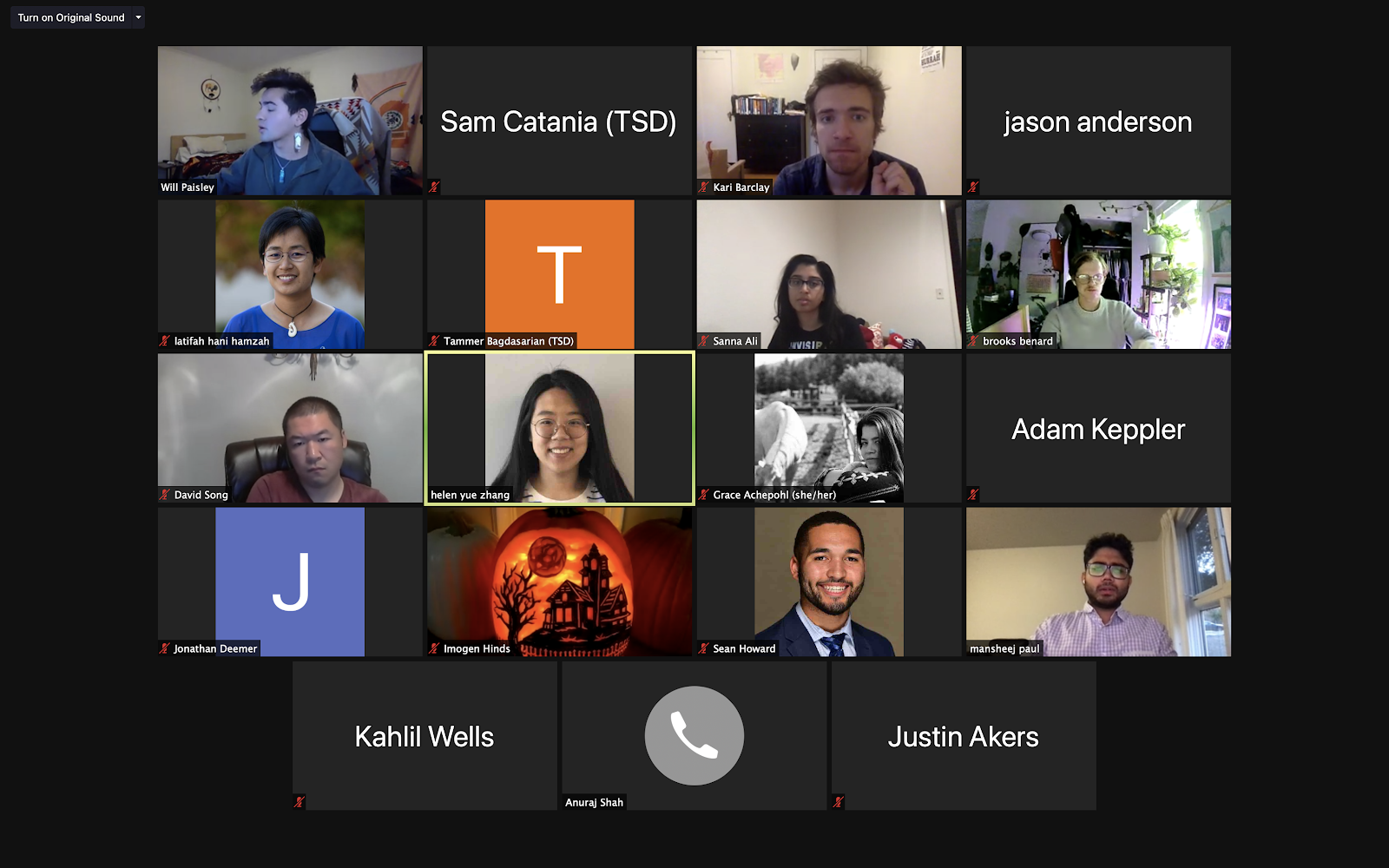The Graduate Student Council (GSC) postponed voting on a resolution that would urge Stanford to permanently unhouse Greek life organizations. The Council plans to vote on the resolution next week after seeing how the Undergraduate Senate votes on Thursday.
The councilors did not indicate what they thought the outcome of the vote might be, nor did they comment on whether the Senate’s position might influence their decision. The Council also discussed retirement plans for graduate students and healthcare costs.
In addition to outlining a process for the potential unhousing, the Greek life resolution alleges a plethora of issues with the Greek system, stating that its recruitment process excludes marginalized communities through “implicit bias, nepotism, and rejection of non-binary individuals” and that the system perpetuates “white supremacy … misogyny, classism, homophobia, heteronormativity, and elitism.”
Although representatives from both the Interfraternity Council (IFC) and the Inter-Sorority Council (ISC) were invited, according to GSC co-chair Kari Barclay, a fifth-year theater and performance studies Ph.D. student, none from either group attended.
Abolish Stanford Greek representative Alex Young ’20 supported the Council’s decision to delay the vote. Young told the councilors that Abolish Stanford Greek’s “real goal” was to get the resolution to the Faculty Senate, but added that she hoped the GSC would act in a way that supported the Undergraduate Senate.
Sylvie Ashford ’21 M.A. ’22, who favored the resolution, said that while the issue primarily affects undergraduates, graduate students should feel concerned because of the “various dangers” she said Greek life poses for campus safety. She urged councilors to consider whether Stanford’s “values” are “represented by these houses.”
Ashford also raised concerns about housing equity: “Grad students are no strangers to the complexities of the draw and getting housing on campus,” she said.
Currently, Stanford recognizes 30 Greek organizations, though only about 10 are housed on campus, following a 2019 announcement. Twenty-five percent of undergraduates are active in Greek life, according to Residential and Dining Enterprises.
The Council also discussed drafting a resolution that would ask the University to allow graduate students to contribute their research salaries and stipends to 403B retirement plans. According to Barclay, graduate students may be missing out on up to approximately $140,000 in benefits.
Currently, only postdoctoral researchers have the opportunity to contribute to a 403B plan, while graduate students are limited to Roth IRAs. Peer institutions including UC Berkeley offer graduate students access to retirement plans.
In a meeting last month, the Council discussed expanding graduate student access to retirement plans. GSC co-chair Will Paisley ’20 M.A. ’21 said that efforts to reach out to University administrators to discuss such a policy after the meeting did not yield much information. The Council has decided to take more direct action and “advocate more practically for graduate retirement needs through a resolution to gain more clarity and visibility around the issue,” Paisley said.
The Council is also considering asking the University to contribute to healthcare costs for postdoctoral researchers with dependents on their plan. In recent years, graduate students have repeatedly protested a so-called “death spiral” of increasing premium costs for dependent healthcare plans, contending that the prices either force dependents to go without care or place undue financial strain on graduate students
“We don’t want the prices to keep going up and spiraling out of control, which is what is happening now,” Barclay said.
Contact Tammer Bagdasarian at tbag ‘at’ stanford.edu and Sam Catania at samcat ‘at’ stanford.edu.
